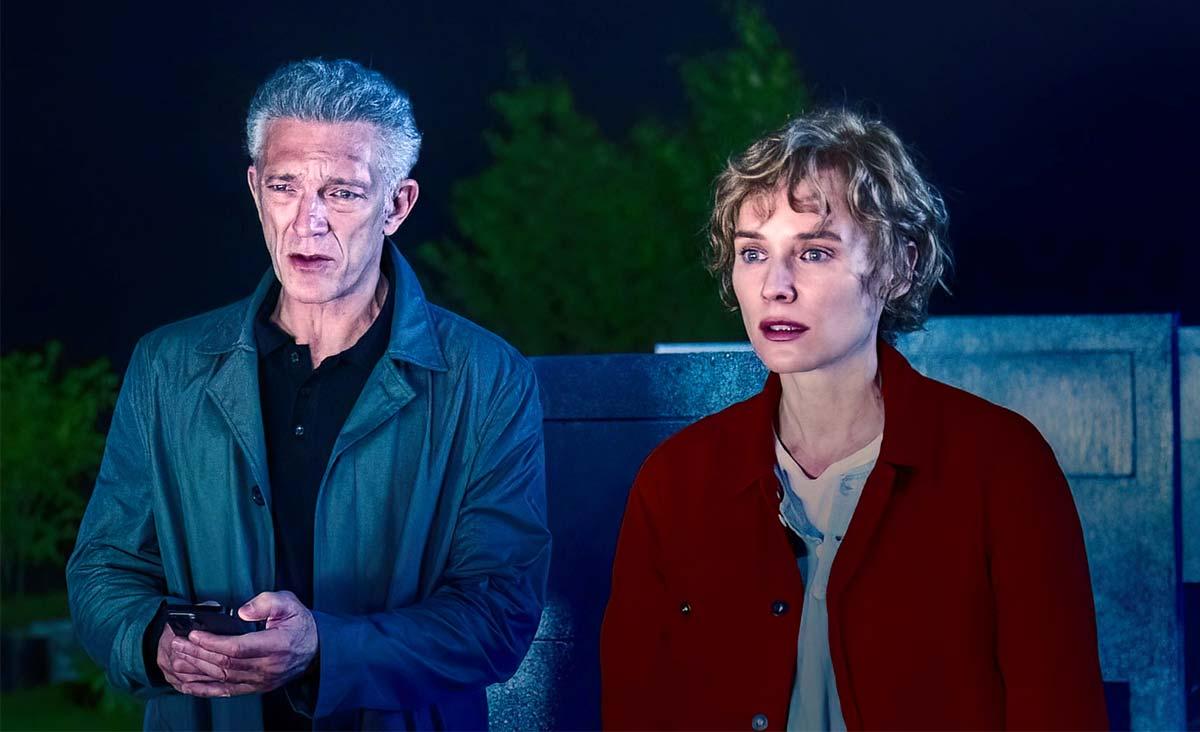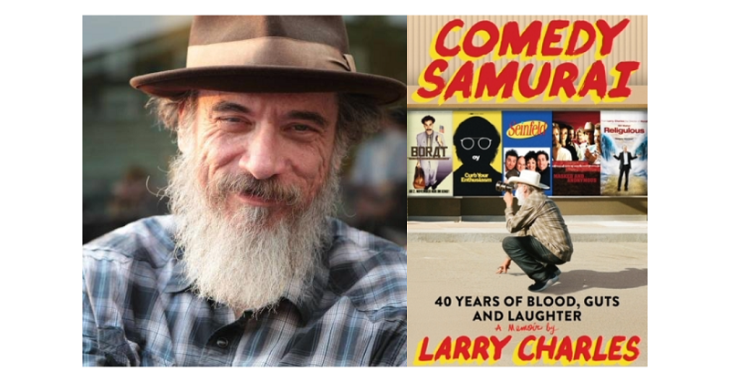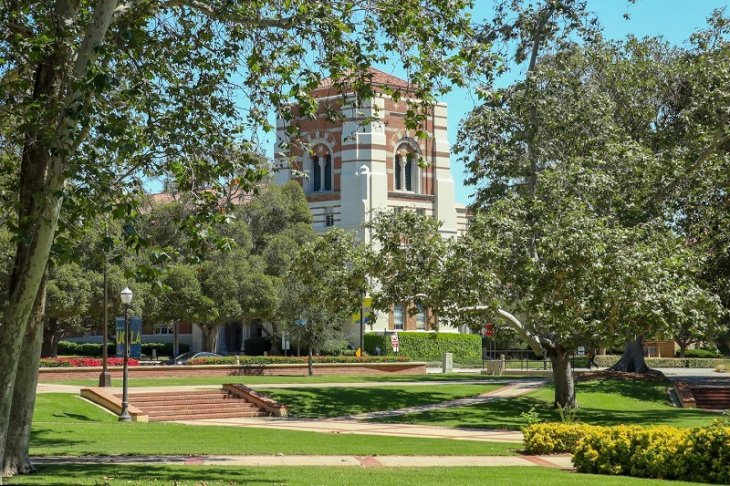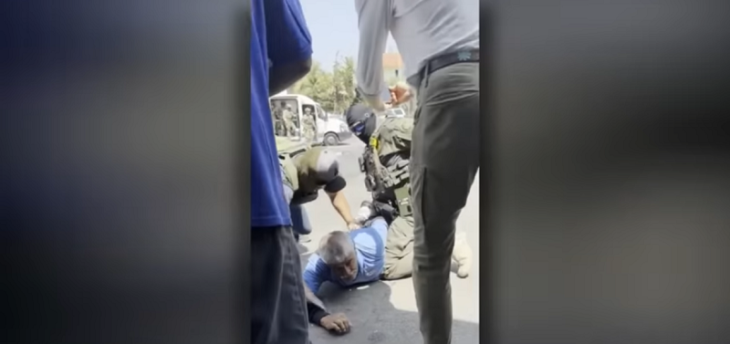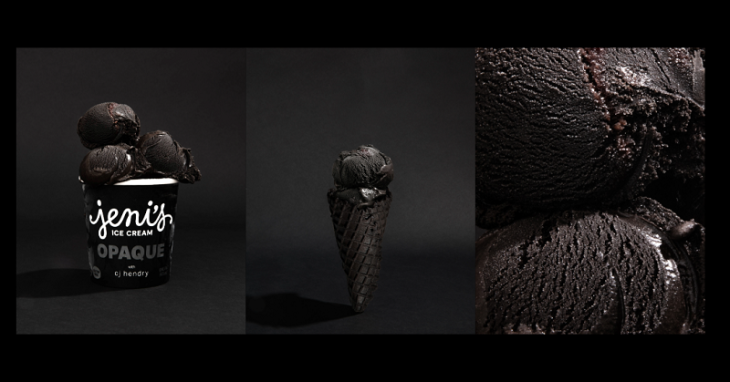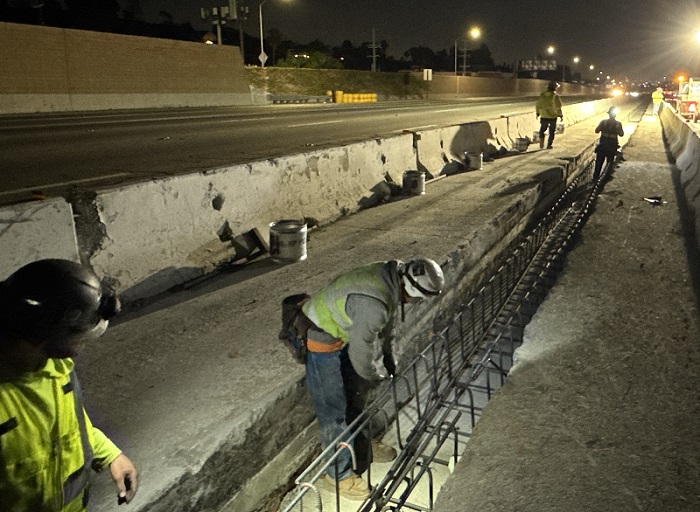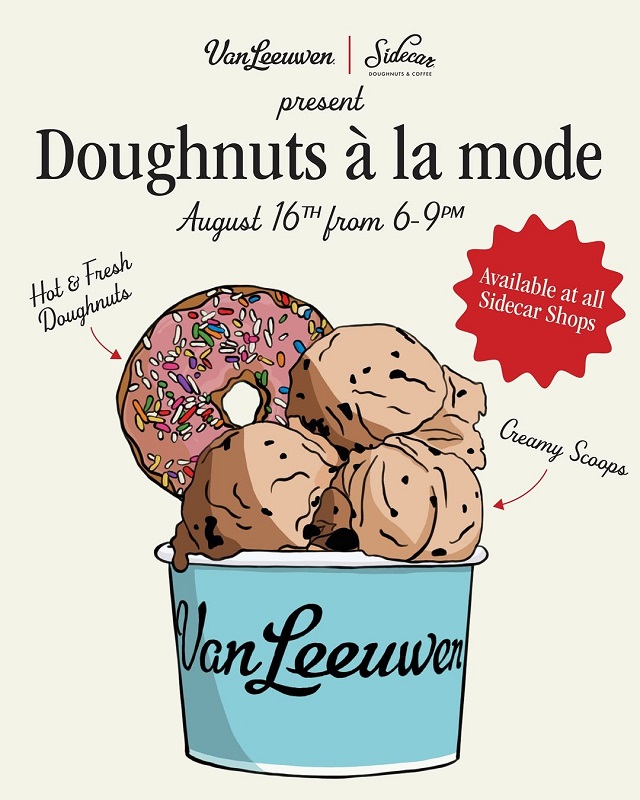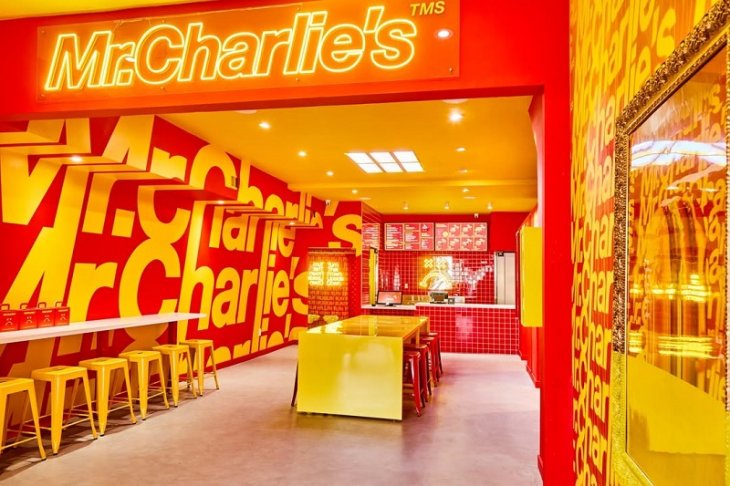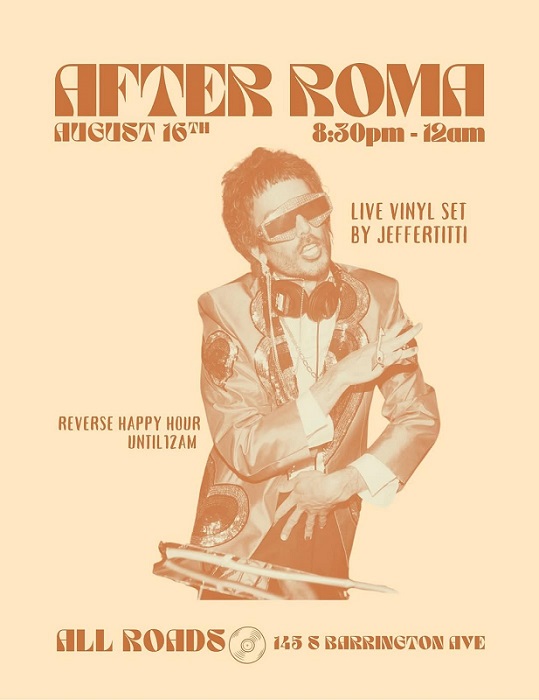By Dolores Quintana
Canada’s cinematic maestro of body horror’s newest film is The Shrouds. While it is not a traditional horror film, it still has the power to shock, as we confront our own mortality, and also the power to fascinate the audience with our darkest imaginings.
The Shrouds opens in limited release in Los Angeles and New York on April 18 and goes wide on April 25. The writer and director David Cronenberg will appear in person at select screenings at AMC The Grove in Los Angeles. You can purchase tickets for the Q&A screening here.
This is the synopsis: In an eerie, deceptively placid near-future, a techno-entrepreneur named Karsh ( Cassel) has developed a new software that will allow the bereaved to bear witness to the gradual decay of loved ones dead and buried in the earth. While Karsh is still reeling from the loss of his wife ( Kruger) from cancer—and falling into a peculiar sexual relationship with his wife’s sister (also Kruger)—a spate of vandalized graves utilizing his “shroud” technology begins to put his enterprise at risk, leading him to uncover a potentially vast conspiracy.
It is a very personal examination of the deep grief that someone feels when they lose a partner or loved one and how they get through it. It talks about our current society, which is consumed with conspiracy theories and technology rather than dealing with our inner lives and emotions. It shows how we cling to our conveniences, like apps and cars that drive themselves, to keep away the dark that will eventually envelop us all, no matter what we do.
You can watch the trailer here:
One of the most interesting things about the film is that the lead actor, Vincent Cassel, as Karsh, was styled to look identical to the director, so much so that I was startled in one shot that he was not Cronenberg. It is amazing how much the actor looks like him and has a sense of the director’s essence. The performance is not an impression, but a living, breathing portrait.
His first moments in the film are abject pain and misery, a howl of grief, but for the rest of the time, he is a distant yet amused presence that seems to always be observing and categorizing others’ motives and actions. There’s even a moment when he wraps himself in the tech that he has created for comfort and merely ends up feeling silly.
Diane Kruger, in a triple role, Guy Pearce, and Sandrine Holt co-star in the film. Kruger is, in turn, warm yet sad, nervous, paranoid, and chipper like a chipmunk as the AI assistant Hunny. Guy Pearce plays a man that he is rarely called on to portray—a man of secrets, desperate and manipulative, but incredibly submissive. Sandrine Holt is the beautiful woman of mystery, herself living through her own husband’s fatal illness, tinged with sadness, but with a strong will to live. The performances are rich with the actor’s talents and the director’s guidance.
I think it is a very brave statement by the director, who also has an impish sense of the deepest and darkest humor about the whole proceedings, including the process of cancer treatment and funerary rites. When Karsh goes out on a date, he brings the woman to his restaurant, which just happens to be right next to his other business, a graveyard with electronic surveillance on your loved ones’ corpses. The woman is horrified, but Karsh is nonplussed by her reaction, even a little bit gratified by her unnerved demeanor as he watches exactly what she does when he ever so gently provokes her.
The other strong theme in the film is humanity’s discomfort with the concept of death. Having witnessed it up close and confessing to having an urge to get into his wife’s coffin with her, Karsh has a level of comfort with the specter of death that gives him a freedom that others do not have. People who have never experienced deep bereavement or been close to someone who is dying are frequently terrified by the mere mention of death or anything that has to do with it. The film charts Karsh’s path past grief and to an acceptance of the inevitable. The feeling that we have no power over how our lives will turn out, and one can only live with the events, and the true identities of our loved ones, not an idealized portrait forged out of frustrated love.
The Shrouds is a cinematic ode to inevitability and our place in the multiverse. It is sublimely intelligent and coolly passionate, and the sharpest razors wrapped in silky luxury fabrics are buried within it. Its siren call dares you to reach out towards the charnel house that is our world, which fills with our friends and relatives each year. We are safe, for now, but what awaits us once our story ends? Is there a meaning?
Who can say?

